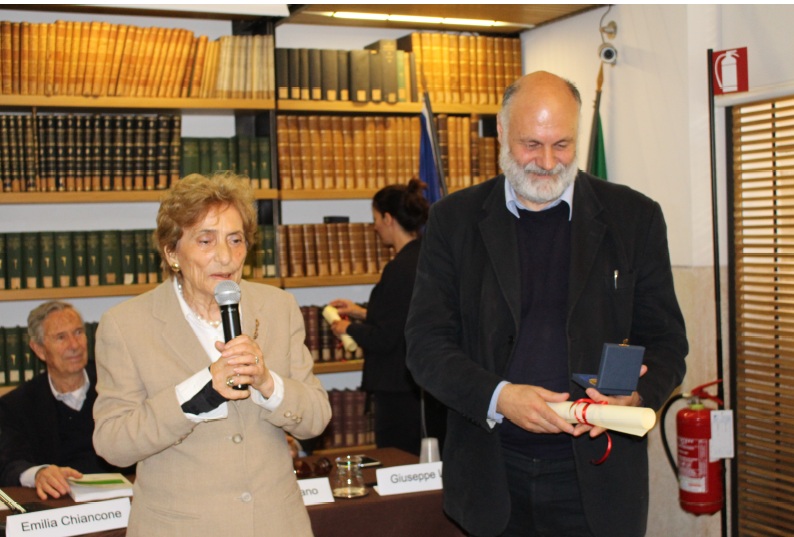RUDN professor Ricardo Valentini awarded a medal in physics and natural sciences of the National Academy of Sciences of Italy
The award ceremony took place on May 10, in Rome. The Academy highly appreciated the contribution of Riccardo Valentini to the development of biogeochemistry research of forest ecosystems, metabolism and energy in natural and anthropogenic ecosystems, and analysis and modeling of climate change. At the turn of the century, when the issues of global climate change became particularly relevant, R. Valentini headed the largest projects of research on greenhouse gas flows in Europe, Africa, the USA: EURASIA-NET, CARBOEUROFLUX, CARBOEUROPE, CARBOAFRICA and CLIMAFRICA. In the late 90's, he became one of the initiators of the global monitoring network FLUXNET, the data of which are still the base of forecasting climate change on the planet. In 2005, R. Valentini became one of the founders of the Mediterranean Climate Change Center - currently the largest center of applied research in the field of adaptation of ecosystems to global changes in Western and Southern Europe. In 2007, for scientific achievements R. Valentini was awarded the Nobel Peace Prize as part of the Intergovernmental Panel on Climate Change (IPCC), and in 2015 - the Ernst Haeckel Prize of the Federation of European Environmental Associations, considered the most prestigious scientific award in the field of ecology. According to "Thomson Reuters" R. Valentini is one of the most quoted scientists in the world (188 publications in Scopus and WoS, H-index 59). At present R. Valentini continues active research work at the laboratory “Smart Technologies for Sustainable Development of the Urban Environment in the Conditions of Global Change”, elaborating a network of high-frequency monitoring of the state of green plantations “Smart Urban Trees”, whish is due to be tested in experimental sites in Moscow already this year.
Products derived from microalgae represent a cutting-edge development in the field of bioeconomy. The potential of this biological resource was discussed at the international research seminar “Foundations for a Green Sustainable Energy”, part of the BRICS Network University’s thematic group on “Energy”. The event was organized by the Institute of Ecology at RUDN University.
Ambassadors of Russian education and science met at a conference in RUDN University to discuss how they can increase the visibility of Russian universities and research organizations in the world, and attract more international students in Russia.
The international scientific seminar hosted by RUDN Institute of Ecology “Experience of participation in student organizations as a way to form career skills” united scholarship recipients of the International Student Mobility Awards 2024 and Open Doors, along with members of the scientific student society “GreenLab” and the professional student association “Kostyor (Bonfire)” shared their projects focused on environmental protection.
